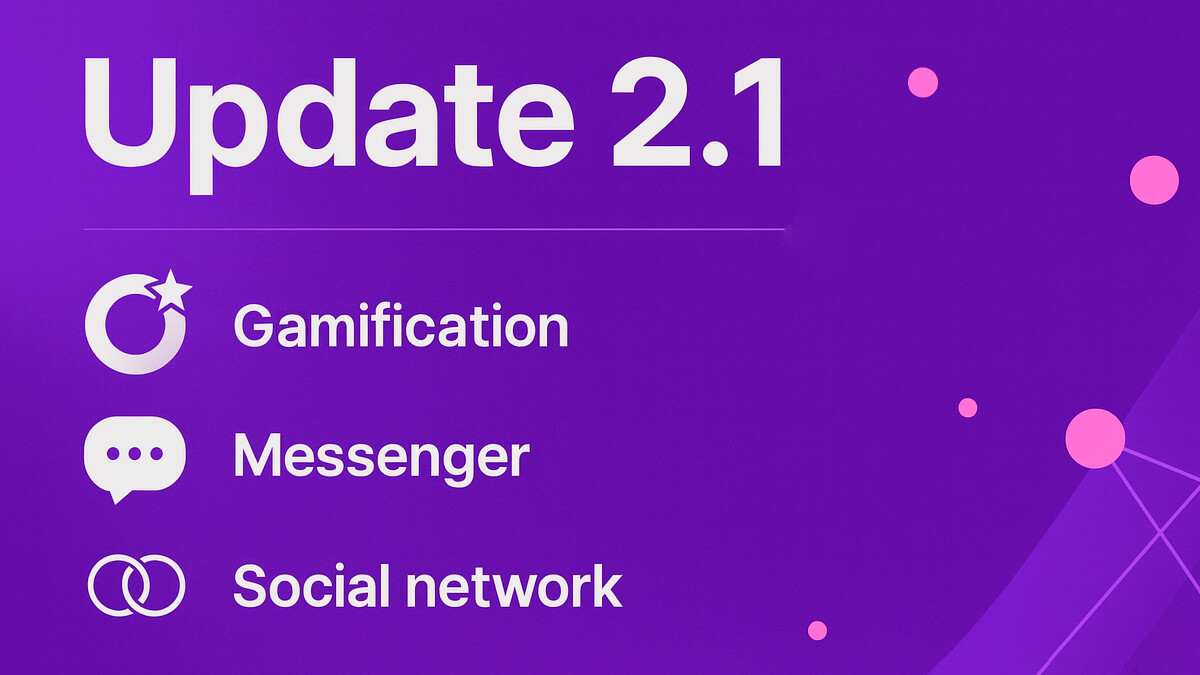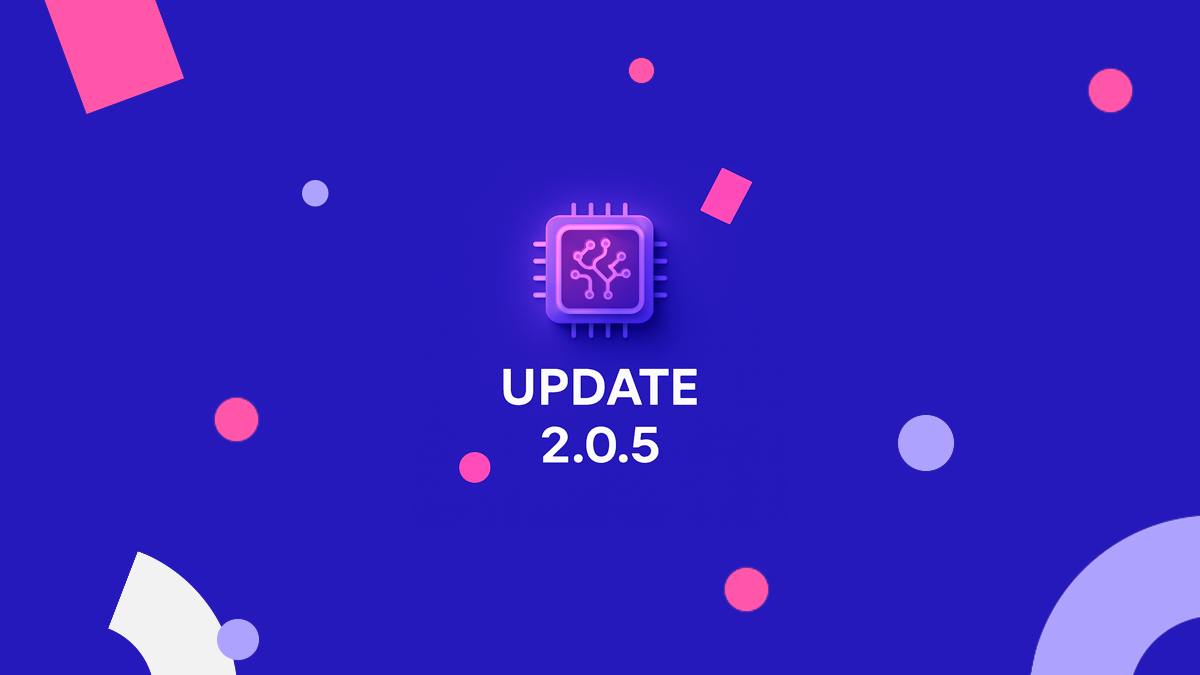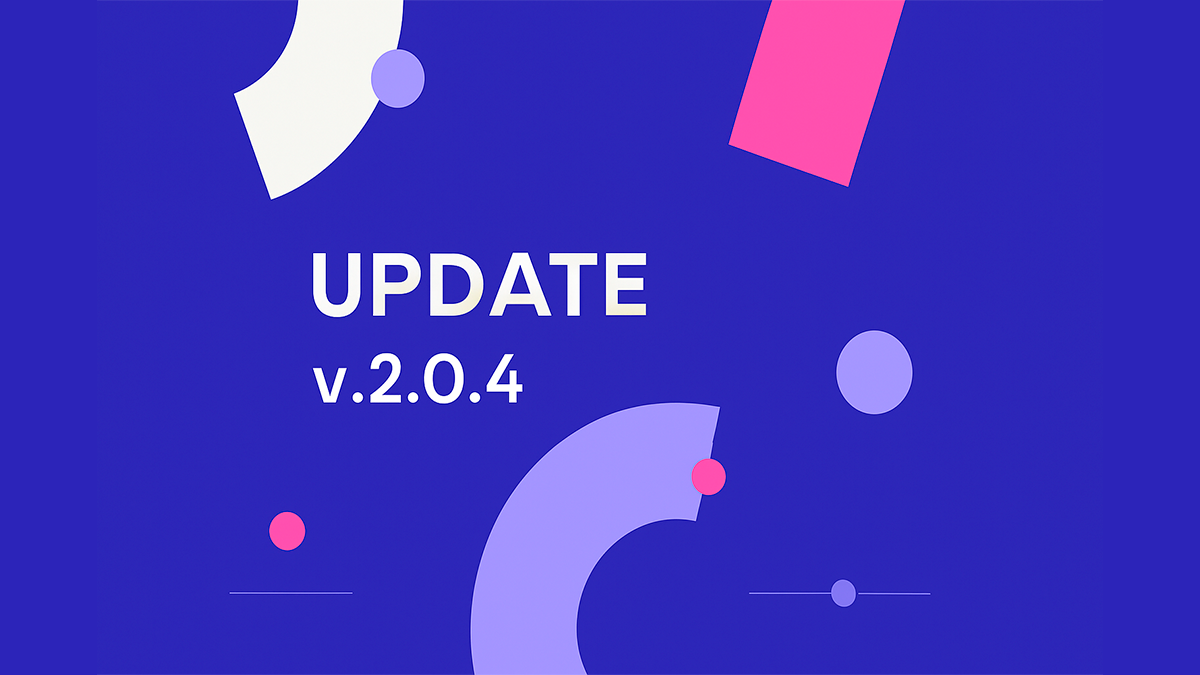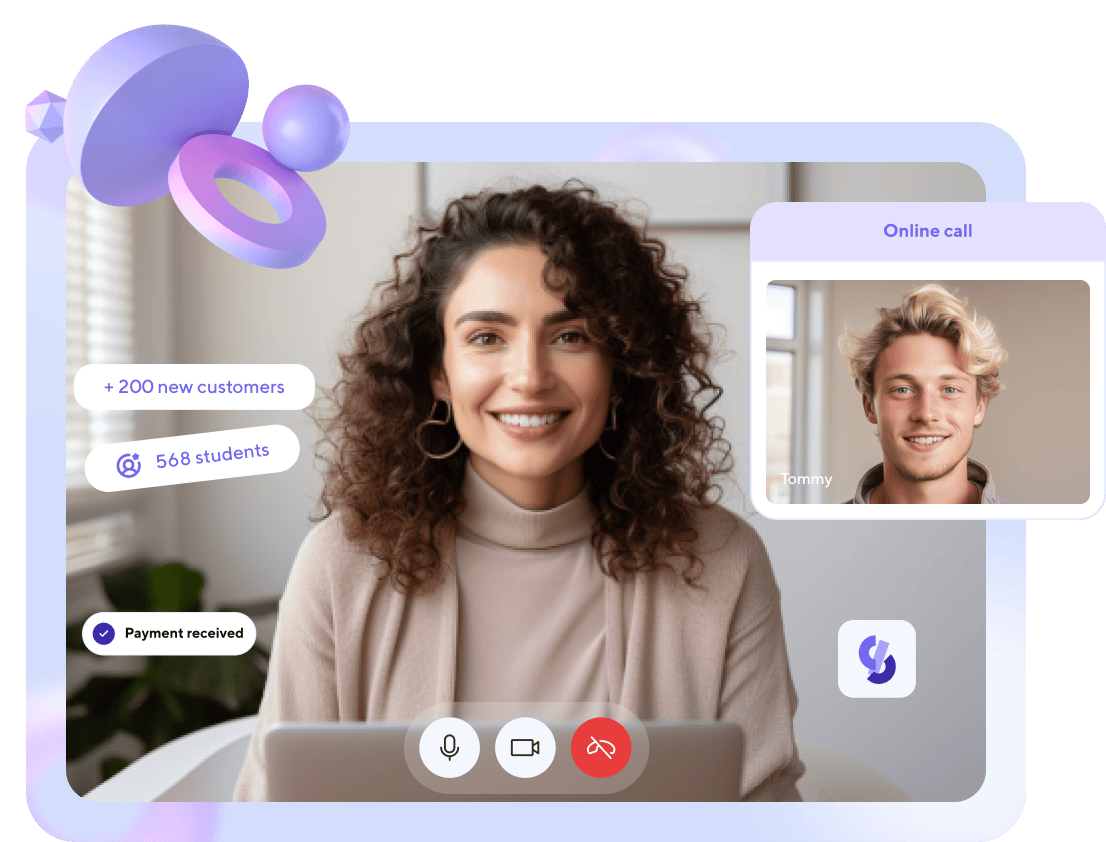The Power of ChatGPT in Creating Effective Online Schools

Advancements in artificial intelligence have revolutionized various sectors globally, with education being at the forefront of this transformation. In particular, OpenAI’s language model, ChatGPT, has emerged as an invaluable tool, particularly for online schools, ushering in a new era of effective, personalized, and engaging learning.
1. Brainstorming Course Topics
In the exciting journey of setting up an online school, brainstorming course topics is the pivotal first step. The courses you plan to offer should align with your expertise and cater to the market’s current educational needs. OpenAI’s ChatGPT can play a significant role here. As an AI language model, ChatGPT can analyze vast amounts of data, provide insights into trending educational subjects, and even suggest potential course ideas based on observed market needs. It ensures that your course offerings are relevant, timely, and meet your potential students’ learning demands.
2. Defining Your Target Audience
The effectiveness of any educational program largely depends on understanding the learners it aims to serve. Knowing your target audience assists in tailoring your curriculum to their needs and preferences, thus enhancing the overall learning experience. Here, ChatGPT comes in handy as an analytical tool. It can process demographic data such as age, academic level, interests, and career aspirations to paint a comprehensive picture of your prospective student body. Such insights can guide your course development process, ensuring your educational content resonates with your intended audience.
3. Creating a Course Outline or Curriculum
Once you’ve identified your course topics and target audience, the next step is creating a comprehensive course outline or curriculum. ChatGPT can support this process by providing a logical structure based on the defined course objectives and expected outcomes. It can recommend a sequence of topics that ensures progressive learning, propose balanced assignment schedules to reinforce understanding, and even suggest the optimal pacing to prevent learner burnout. The result is a cohesive, well-planned curriculum that guides learners effectively through the course.

4. Course Content Creation
The creation of high-quality, engaging course content is a task where ChatGPT truly shines. Leveraging its advanced language generation capabilities, ChatGPT can draft lesson plans, write explanatory texts, create interactive multimedia content, and even generate real-world case studies relevant to your course. This ability not only reduces the manual effort involved in content creation but also ensures a diverse, engaging, and comprehensive suite of learning materials for your online school.
5. Enhancing the Learning Experience
Beyond course content creation, ChatGPT can significantly enrich the student learning experience. Its capacity to provide personalized, contextual feedback promotes understanding and growth for each student. Moreover, the model can host interactive learning sessions, fostering a lively and engaging digital classroom. As a tireless, 24/7 tutor, ChatGPT can explain concepts and answer queries at any time, offering students flexibility in their learning journey. Additionally, by generating discussion prompts, it encourages active learning and helps students think critically and participate more fully in the learning process.
6. Generating Assessments: Quizzes, Exams, and Use Cases
Assessments are essential in measuring a student’s understanding and progress. ChatGPT can create varied and accurate assessments, including quizzes, exams, and practical use cases, all tailored to your course content and learning objectives. The AI provides immediate grading and feedback, allowing for continuous performance evaluation. By highlighting areas of strength and improvement, it facilitates a cycle of ongoing learning and growth.

7. Review for Accuracy
While ChatGPT is a powerful content creator, it is important to conduct a thorough review of the generated content. Ensuring accuracy, relevance, and clarity in the course materials is critical to effective learning. Fortunately, ChatGPT’s interactive nature allows for a smooth review process, with educators able to refine and improve the AI-generated content as required.
8. Publish the Course
With your curriculum finalized and content reviewed, you are ready to publish your course. Here, too, ChatGPT lends a helping hand. It can assist in drafting an engaging course description and announcement posts, both of which are essential in attracting potential learners. Furthermore, ChatGPT can support your marketing efforts by analyzing promotional strategies and suggesting effective methods to reach your target audience.
Conclusion
The creation of an online school is a challenging yet rewarding endeavor. With OpenAI’s ChatGPT, educators have a robust tool that aids them throughout this journey. From initial brainstorming and audience identification to content creation, assessment generation, and finally, course publication, ChatGPT serves as an invaluable partner. As the boundaries of traditional and digital education continue to blur, AI-powered tools like ChatGPT are set to revolutionize the education landscape, promising exciting times ahead.
Articles are good, but social media posts are faster!
Subscribe to us and be the first to receive tips and tricks
on promoting your online school!


Earn money on your knowledge and experience with
Softbook!
to the platform for setting up your own school!





